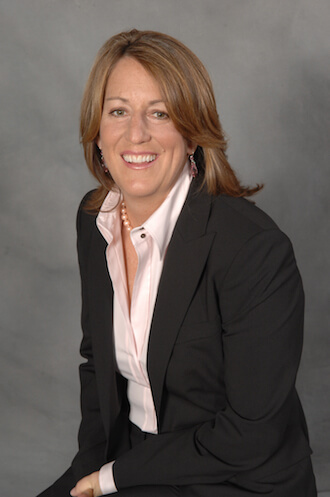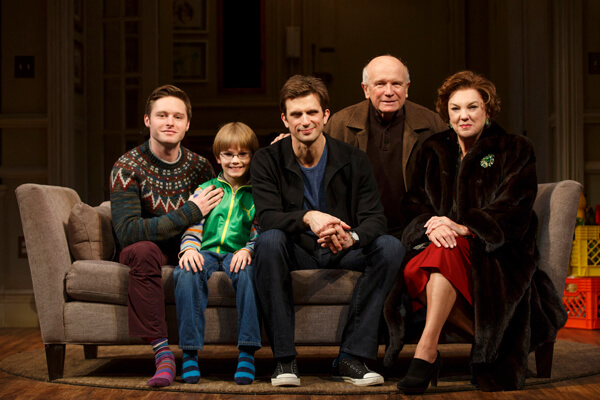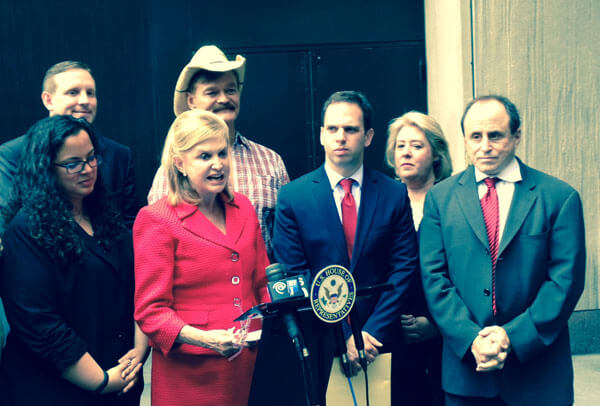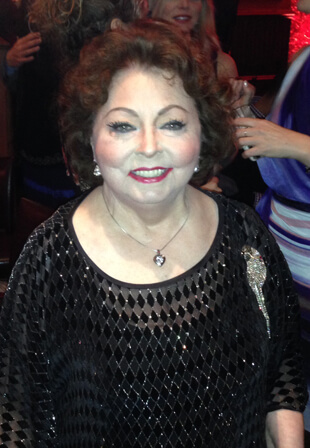Mercer County Superior Court Judge Mary C. Jacobson has denied a motion by the State of New Jersey to stay her decision ordering the state to begin granting marriage licenses to same-sex couples on October 21.
In an October 10 ruling, Jacobson found that none of the factors considered by New Jersey courts in deciding a motion for a stay were met and that the public interest would be served by allowing her decision to go into effect.
In the wake of Jacobson's ruling, Republican Governor Chris Christie asked the New Jersey Appellate Division to issue an emergency stay to allow his appeal of her original marriage equality order to go forward before weddings begin.
The day after Jacobson refused to stay her ruling, the State Supreme Court agreed to hear Christie’s appeal of the gay marriage ruling on an expedited basis, with oral arguments in January. That court also said it would consider the governor’s emergency stay request, though it did not immediately rule on that question.
Jacobson’s September 27 ruling granted summary judgment on the claim that the state’s civil union law no longer afforded equal treatment to same-sex couples, if it ever had, since the federal government started to recognize same-sex marriages in the wake of Edie Windsor’s victory over the Defense of Marriage Act (DOMA) at the Supreme Court on June 26. After Jacobson’s ruling last month, Christie vowed to seek review directly in the New Jersey Supreme Court, and he asked the judge to stay her decision pending that appeal.
In response, Jacobson explained that under New Jersey law a a stay of a trial court ruling is granted only if necessary to prevent irreparable harm, the party applying for the stay is asserting a settled legal claim and shows a reasonable probability of success in their appeal, and a balancing of the relative hardships imposed on the opposing parties concludes that greater harm would occur if a stay is not granted than if it is. Jacobson also noted that in a case where public policy is at issue, the court should consider whether granting a stay is in the public interest.
Jacobson found that the state fell short on all of these tests. New Jersey, she found, would not suffer irreparable harm if same-sex couples were allowed to marry while an appeal is pending. If the New Jersey Supreme Court were later to declare such marriages invalid, the state would have suffered no tangible harm at all. The state offered no New Jersey precedents to support its irreparable harm argument, instead citing cases from other jurisdictions, but Jacobson found them all unpersuasive or distinguishable from the question she was considering.
She also found that the state “has not shown that the underlying legal right it seeks to vindicate through its appeal is ‘settled.’” Indeed, in light of the DOMA ruling, Jacobson last month concluded that denying marriage to same-sex couples violates the New Jersey Supreme Court’s 2006 ruling that same-sex couples are entitled to the same rights and benefits as different-sex couples enjoy through marriage. That ruling led to the enactment of the current civil union law.
In terms of balancing relative hardships, Jacobson found that delaying the date when same-sex couples can marry imposes a hardship on them, but not delaying it imposes no tangible hardship on the state. Jacobson ran through a list of federal rights and benefits that would be unavailable to New Jersey civil union partners unless they could marry, concluding that “these inequalities violate the clear directive” of the 2006 ruling.
“While the State argues that its sovereignty is somehow threatened,” by her order, Jacobson wrote, “because it is the federal government’s actions [in not recognizing civil unions like marriages] that harm Plaintiffs, it persists in denying its responsibility for the current predicament of New Jersey civil union couples.”
She pointed out that the state has done nothing to persuade the federal government to recognize New Jersey civil unions, leaving the burden entirely on civil union partners to bring their own lawsuits against federal agencies. In her ruling last month, Jacobson noted that many federal agencies have already made clear that they will not recognize civil unions.
“Plaintiffs would face an enormous litigation burden if they were required to challenge, on their own, every federal agency interpretation of Windsor denying equal access to marital benefits to civil union couples.”
Jacobson went on to chide the state for failing to step up in an effort to vindicate the equal rights of its civil union couples by marshaling its “creative legal talent” on their behalf. And she rejected the state’s argument that any delay for the appellate process to run its course would be brief, pointing out that “the time for completion of appellate review is completely uncertain.”
The judge came down on the side of the plaintiffs on the question of the public interest as well.
“Protecting the civil rights of New Jersey citizens is surely a matter of public interest,” she wrote. “Indeed, there is no ‘public interest’ in depriving a class of New Jersey residents of their constitutional rights while appellate review is pursued. On the contrary, granting a stay would simply allow the State to continue to violate the equal protection rights of New Jersey same-sex couples, which can hardly be considered a public interest.”
Jacobson provided considerable support for her decision to deny Christie’s motion for a stay, and the governor's response incorrectly argued that the US Supreme Court's DOMA decision mandated that civil unions be recognized by the federal government. The State Supreme Court should easily dispose of that argument, but it is under no obligation to follow its own precedents on the conditions required for issuing a stay and it may not wish the situation to get ahead of its own consideration on the merits of such a politically charged question. If the high court, however, does hew to its own past rulings on granting stays, gay and lesbian marriages will begin on October 21.



































